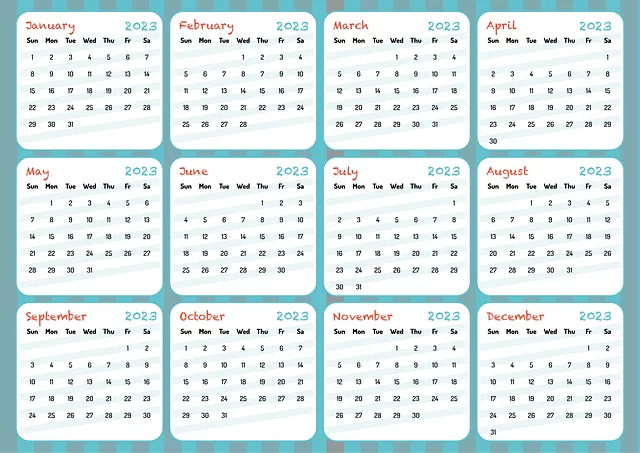Event Planning for Local Businesses thrives on understanding community dynamics. Planners succeed by engaging with local stakeholders, leveraging demographic and cultural insights, and building strategic partnerships. Thoughtful theming, interactive elements, and social media promotion create meaningful experiences. Event success is measured by impact—feedback, sales uplift, and community engagement—not just attendance. Well-coordinated teams of diverse professionals ensure meticulous planning, effective communication, and creative problem-solving overcome challenges, delivering exceptional events aligned with business goals.
In the dynamic landscape of local business, successful event planning is an art that transforms communities. “Local Events Expertly Coordinated for Success” delves into the intricacies of crafting memorable gatherings that resonate with audiences. From understanding your community to building high-performing event teams, this guide explores strategic approaches. Discover how to engage attendees, create lasting impacts, and navigate challenges to elevate your brand within the local market through expert event planning for businesses.
- Understanding Your Local Community: The Foundation of Successful Event Planning
- Crafting Memorable Events: Strategies for Engagement and Impact
- Behind the Scenes: Building a Coordinated Event Team and Overcoming Challenges
Understanding Your Local Community: The Foundation of Successful Event Planning

Understanding your local community is the cornerstone of successful event planning. Event planners must tap into the unique dynamics, needs, and interests of their immediate surroundings to create meaningful experiences that resonate with attendees. Local events cater to specific communities, reflecting their culture, values, and preferences, which can significantly impact participation rates and overall success. By engaging with local businesses, organizations, and residents, event coordinators can identify key stakeholders and build partnerships essential for a seamless execution.
This community-centric approach goes beyond simply selecting a venue; it involves understanding the local landscape, including demographic shifts, economic trends, and cultural hotspots. Event planners should leverage this knowledge to design activities, themes, and marketing strategies that align with the target audience’s interests, ensuring higher turnout and positive feedback. Event Planning for Local Businesses benefits from this deep-rooted connection, fostering a sense of belonging and community pride while creating memorable events.
Crafting Memorable Events: Strategies for Engagement and Impact

Crafting memorable events goes beyond simple entertainment; it’s about creating an experience that resonates with attendees and aligns with local business goals. For event planning in local businesses, engaging the community is key. This can be achieved through strategic partnerships with local influencers or organizations, leveraging social media to create buzz, and offering experiences tailored to the target audience’s interests.
Effective event planning involves thoughtful design, from theming that reflects the brand identity to activities that encourage participation. Incorporating interactive elements, live performances, or workshops not only breaks the monotony but also fosters a deeper connection with attendees. Measuring success goes beyond headcount; it’s about gauging impact through feedback, sales uplift, and community engagement metrics, ensuring events drive tangible results for local businesses.
Behind the Scenes: Building a Coordinated Event Team and Overcoming Challenges

Behind the scenes, successful local events are born from a well-oiled machine—a coordinated event team. Building such a team involves a strategic approach where each member brings unique skills and expertise to the table. Local businesses often rely on event planning professionals who understand the ins and outs of community engagement. These experts assemble a diverse group, including marketers, logisticians, designers, and communicators, ensuring every aspect of the event is covered. Each team member plays a pivotal role in transforming an idea into a memorable experience.
However, even with meticulous planning, challenges arise. Time constraints, budget limitations, and logistical hurdles test the team’s mettle. Effective communication becomes paramount to overcome these obstacles. Regular meetings, clear task delegation, and transparent updates ensure everyone stays aligned. Embracing adaptability is key; quick thinking and creative problem-solving skills enable the team to navigate unforeseen issues seamlessly. By fostering a collaborative environment and encouraging open dialogue, event organizers can build an unstoppable force capable of delivering exceptional local events.
Event planning is an art that thrives on understanding and engaging with local communities. By delving into the unique dynamics of your area, crafting memorable experiences, and building a dedicated team, you can create successful events that resonate with folks. For local businesses, this means fostering connections, driving engagement, and leaving a lasting impact on their community. With the right strategies and a coordinated approach, event planning becomes a powerful tool to enhance local economies and build vibrant, thriving communities.
